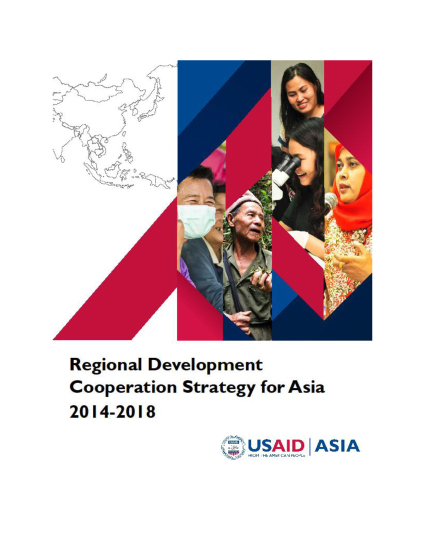Speeches Shim
In recent decades, Asia’s tremendous economic growth has lifted millions of people out of poverty, malnutrition, and disease at rates unprecedented in human history.
Yet, Asia’s growth model relies heavily on an unsustainable use of resources and has created growing inequalities that undermine the region’s future economic growth. Climate change and dense urban populations place additional pressures on Asia’s capacity to produce goods and energy, and weak institutional frameworks and services for vulnerable populations mean that many people do not participate fully in Asia’s growth.
USAID’s Regional Development Mission for Asia (RDMA) is uniquely positioned to help connect, convene, and catalyze Asia’s expertise and capital to find solutions to these substantial development challenges. RDMA will concentrate on transboundary problems that cannot be solved at the national level, with a primary focus on the countries of the Lower Mekong, where disparities are greatest.
The overall goal of RDMA’s five-year strategy (2014-2018) is “A More Sustainable, Inclusive, and Prosperous Asia, with Particular Emphasis on Southeast Asia.” To help Asia achieve this goal, RDMA will increase regional institutions’ abilities to promote sustainable and inclusive growth, and enable vulnerable populations to help address and adapt to risks that transcend borders. Development programs will strengthen the region’s management of natural capital (environment), regional integration, good governance, capacity to mitigate public health threats, rights of specific vulnerable populations, and people’s ability to adapt to climate change. Throughout all of the programs, RDMA will apply three Smart Development Screens—science and technology, partnering, and gender equality and female empowerment—to increase the effectiveness of development interventions.
In addition to the development objectives and more traditional regional programs, RDMA will strengthen its role as the Agency’s premier regional learning and support platform to advance partnerships and promote greater use of evidence-based and innovative approaches.
RDMA will contribute to the Agency’s mission to “partner to end extreme poverty and promote resilient, democratic societies” through its focus on inclusive growth and vulnerable populations (including human rights).
Extended through: December 31, 2020


Comment
Make a general inquiry or suggest an improvement.